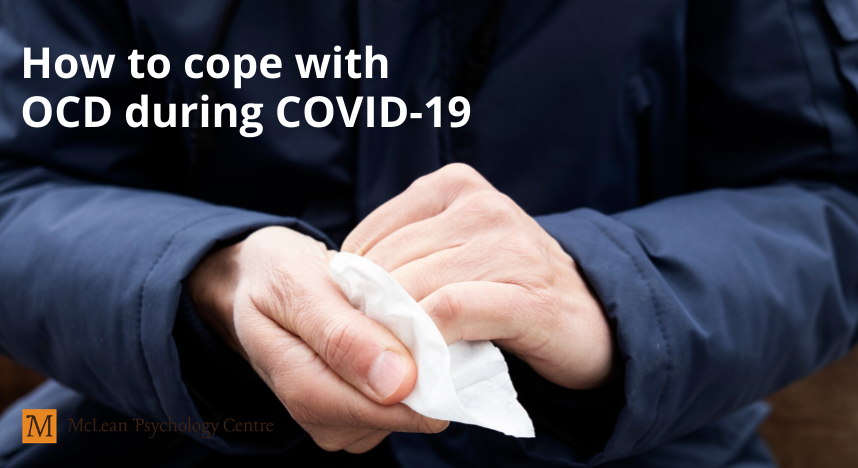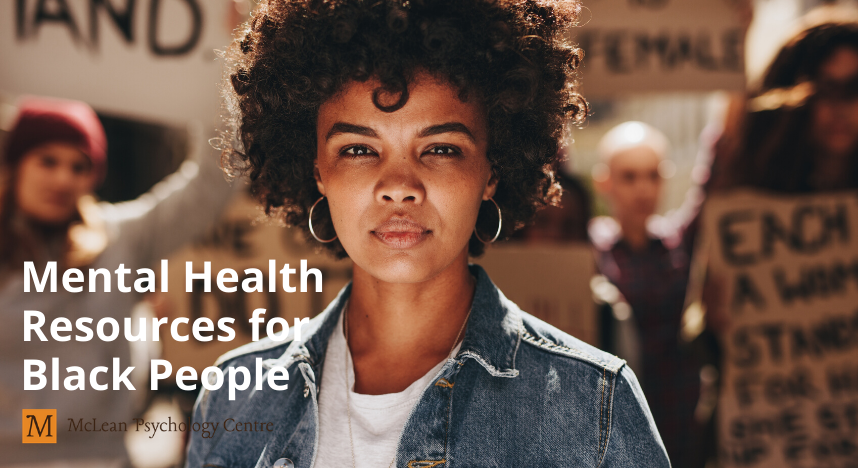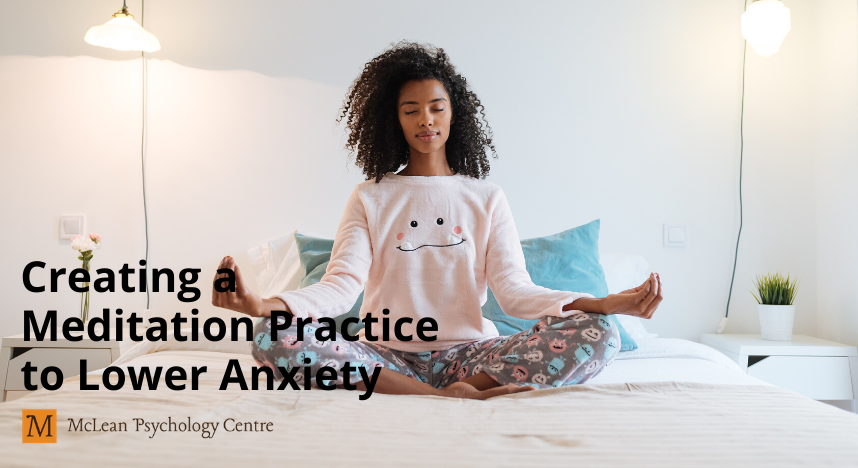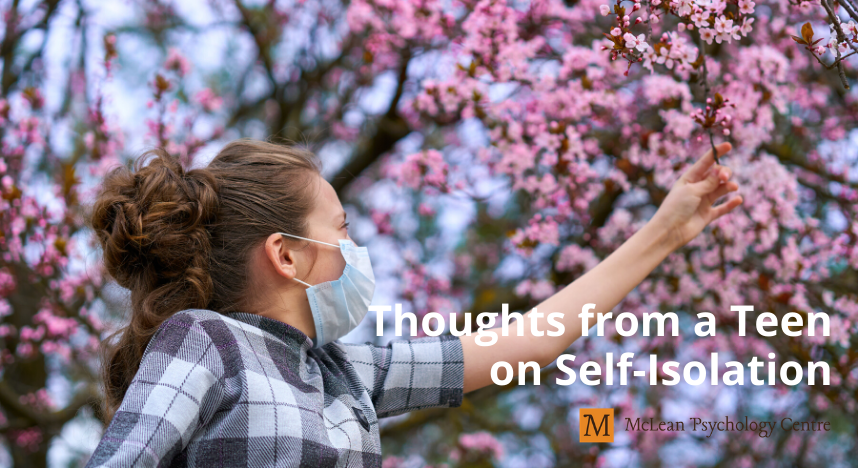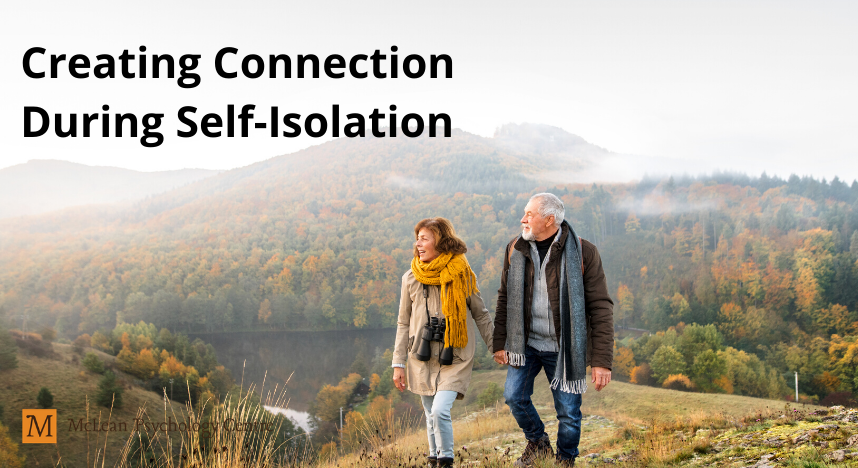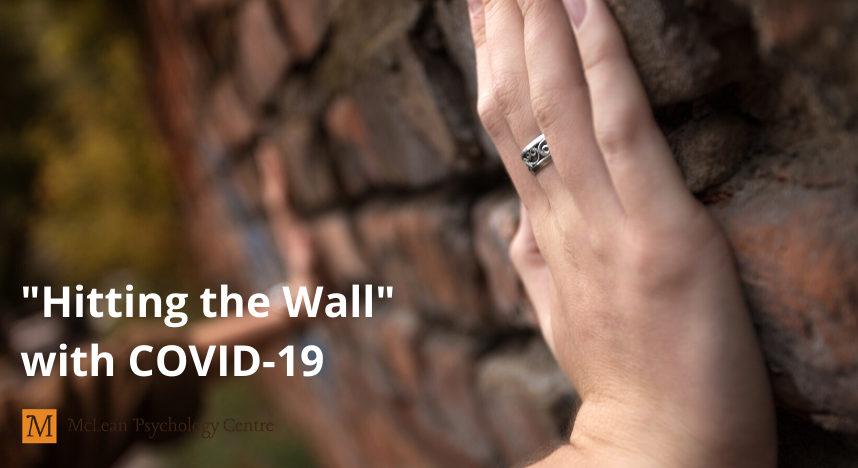Most of us have had an increase in our anxiety about getting sick from COVID-19. Some of us wonder if we’re being too excessive in our worry, our hand washing, cleaning things, and even cleaning groceries. Then there are people who have been diagnosed with Obsessive Compulsive Disorder (OCD) previously who may be very anxious at this time.
You may be living with a heightened alert system, which activates cortisol, the stress hormone, as well as activating other physiological responses such as increased heart rate, shallow breathing, or stomach-aches. Our sympathetic nervous system drives our fight, flight, or freeze response to a situation. No wonder you’re feeling tired at the end of a day! Fortunately we have a parasympathetic nervous system that allows us to calm down and relax body and mind. More on that later.
Is it OCD?
OCD is severe enough to impact your day and your functioning, unlike passing worries or thoughts of catching COVID that would be considered normal at this time. Similarly, those with OCD often have excessive washing, cleaning, or checking rituals (like information on the internet) that feel “compulsive” or driven by anxiety and take up a lot of time or control in one’s life. If you’re unsure, get feedback from loved ones or consult a mental health professional.
So what can I do to cope with OCD during COVID-19?
Whether you have OCD or are just anxious, we want to tap into the rational mind that is not driven by an automatic stress response. Here are some things you can do to cope with OCD during COVID-19.Use deep breathing techniques to help increase oxygen and stimulate your parasympathetic nervous system (the calming side). There are many videos and guided meditations to choose from online to help teach you better control of your breath and run-away anxious thoughts.
- Talk openly to loved ones who may not follow your extra cautious advice. You may have to accept that you cannot control their actions. Good communication about your fears and accepting their views can help.
- If you have OCD remember that complete avoidance will reinforce the OCD, not help it. Push yourself to do low risk activities like distanced visiting or shopping with a mask and gloves in an uncrowded store.
- Use public health recommendations on when and how much to hand wash. Write down the guidelines and stick only to that written schedule; don’t let it increase. This will prevent your hand washing from becoming disabling and unreasonable.
- If you can’t stop yourself from washing groceries, have a family member unpack and store your groceries. If you engage in excessive washing again it will inadvertently reinforce your OCD. Decide as a family – and when you’re calm – what your routines will be and learn to tolerate some anxiety.
- Avoid excessive news watching and internet checking on COVID-related risks and topics.
- Some people with OCD and other anxiety problems opt for medication treatment. Speak with your family physician as a first step.
- Learn to tolerate some uncertainty: “Did I wipe all the door handles down?” “What if my husband bumped/touched things at the store and then touched his face?” Accept you cannot get risks to “0” and accept that this is what you live with. Living with peace of mind is precious, and that is what you ultimately want to work towards.
- Consult with a mental health professional with experience with OCD. If you want to get better, you may want a course of treatment called Exposure and Response Prevention (ERP) as part of a cognitive behaviour therapy.
Chanelle Salonia holds a B.Sc. and M.A. and is pursuing her Ph.D. and licensing in Clinical Psychology, as well as being a Board Certified Behaviour Analyst (BCBA). Chanellehas a special interest in helping those who struggle with OCD in their daily lives. If you are having trouble with OCD or COVID-related anxiety, Chanelle is here to help you start the journey. Visit Chanelle’s bio to learn more about her and request a consultation.

